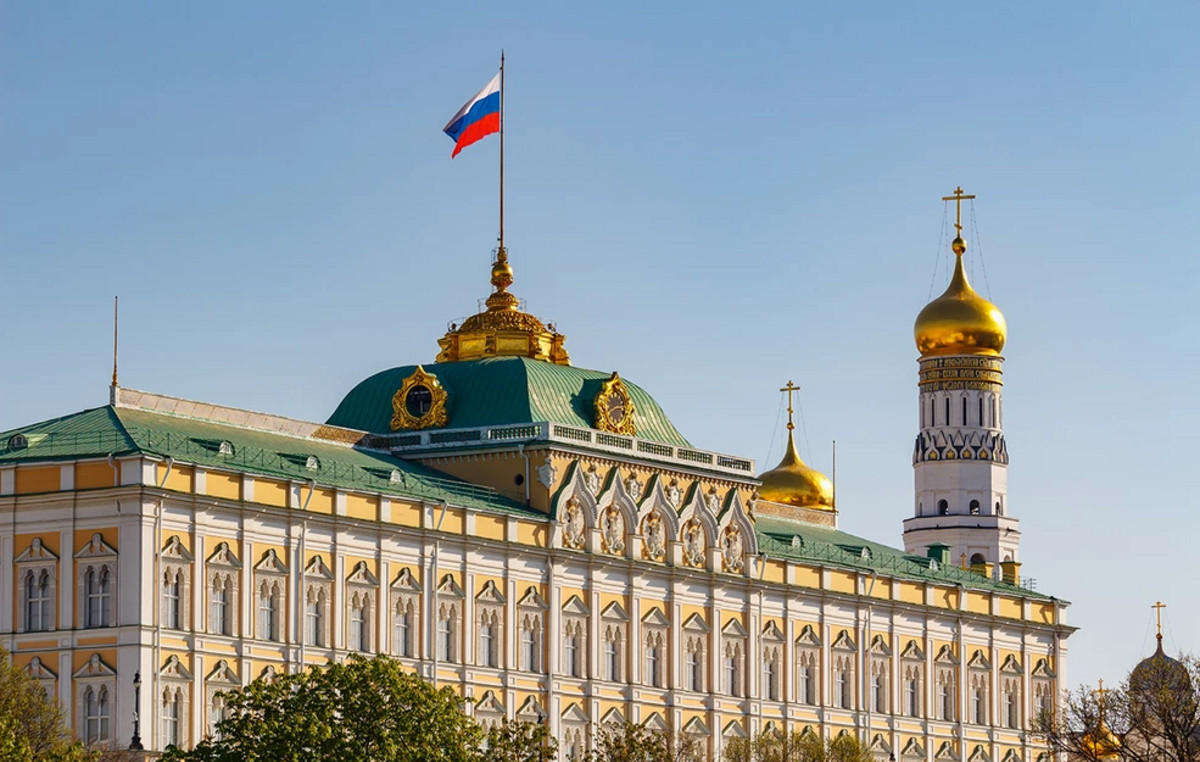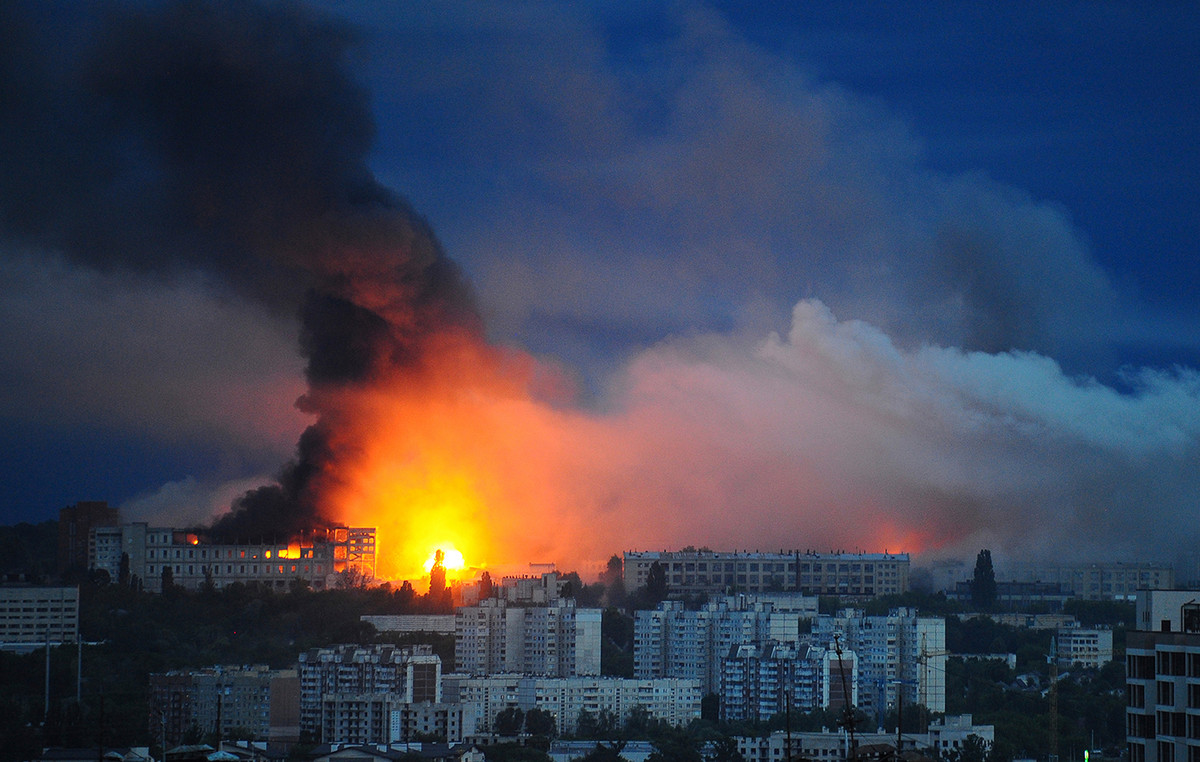The 5G network arrived in Brazil in 2022 and has been gradually spread so far. On June 6, 2022, the Ministry of Communications announced that all Brazilian capitals had finally implemented the new technology — still missing smaller municipalities.
Meanwhile, 4G, which covers 97% of the population, is still not available on mobile phones in the main cities in the Northeast. The nine capitals of the states that make up the Northeast are among the 50 cities with the lowest access to fourth-generation mobile telephony in Brazil.
On the other hand, no Brazilian capital is among the 50 municipalities with the most devices that access 4G. The indicator is led by three cities in Santa Catarina: Navegantes, Camboriú and Balneário Camboriú.
The data is from the 2023 Municipalities Competitiveness Ranking, carried out by the Political Leadership Center (CLP), in partnership with Gove and Seall. The study was exclusively anticipated for the CNN this Wednesday (23).
The survey evaluated 410 Brazilian cities — the exact number of municipalities with a population of over 80,000 inhabitants, according to data from the Brazilian Institute of Geography and Statistics (IBGE) updated in 2022.
The 4G access indicator refers to the number of cell phones capable of using the 4G network within the general number of active mobile phones in the city.
There are still no indexes related to 5G in the CLP ranking, due to the recent arrival of the new technology in Brazil. According to the researchers, the available data is unreliable, but 5G information in municipalities should be included in the next editions of the Competitiveness Ranking.
In general, cities in the Northeast are the majority in the lowest positions in the ranking. Of the 100 municipalities that have fewer cell phones with 4G access, 58 are in the Northeast. Another 18 are from the Southeast, 10 from the North, eight from the South and six from the Midwest.
At the top of the list, among the 100 cities that have the most devices with access to 4G, 55 are in the Southeast. Another 25 are from the South; 15 from the Midwest and four from the North. There is only one municipality in the Northeast among the top 100: Luís Eduardo Magalhães (BA) in 61st position.
How is the deployment of 4G and 5G going?
The National Telecommunications Agency (Anatel) reported that, so far, the implementation of 4G in Brazil has not yet ended, with 93% of the Brazilian population relying on coverage.
As with 5G and 3G, network activation occurs gradually, from easily accessible cities to the most distant ones, such as remote villages and towns, which are difficult to access.
For this reason, explains the executive superintendent of Anatel, Abraão Balbino, the implementation in the North and Northeast can be up to four times more expensive than in other regions, mainly in Amazonas.
“The rollout of 5G is long, as 4G has been. Activation will only be 100% complete in 2029. But, basically, most of the Brazilian population already has coverage, around 53% of the population. We are going to reach a level of 80% of the Brazilian population around 2025”, says Balbino.
“This is an estimate from Anatel, it may happen more quickly”, clarifies the superintendent, since 3G and 4G were implemented faster than the agency’s expectations.
Another issue that causes 5G coverage to advance little by little is the existence of interference in the signal frequency — the 3.5 GHz band. Anatel explains that it is coordinating the cleaning and releasing the signal constantly.
“It’s a process. Even the adoption of technology itself depends on the launch of new devices and the exchange of devices, which gradually happens because people buy more modern devices”, completes Balbino.
VIDEO – 5G Revolution: The internet is 100 times faster
And what is the importance of 5G?
For the common consumer, who has a 5G network available on his cell phone, the benefit boils down to faster internet than 4G. The speed of 5G can be up to 100 times faster than 4G. At more complex levels, the fifth generation of technology has a large-scale impact on innovation and the Brazilian economy.
“5G allows many changes not for the use of cell phones in the traditional way, but what we call new business models, mainly for the industry and for the corporate environment”, explains Anatel’s executive superintendent.
Some 5G features make it possible, for example, to perform remote surgeries and control machines in the field remotely.
The then Ministry of Economy, last year, accounted for the use of 5G to move R$ 590 billion per year in Brazil. For companies, multinationals and startups, the impact could reach BRL 101 billion by 2031.
VIDEO – Learn about the new functions for using 5G technology
About the ranking
The 2023 Municipal Competitiveness Ranking evaluated 410 Brazilian cities — the exact number of municipalities with a population of over 80,000 inhabitants, according to data from the Brazilian Institute of Geography and Statistics updated in 2022.
The CEO of the CLP, Tadeu Barros, explains that competitiveness is an indicator of social well-being. In other words, a competitive municipality “is one that serves the citizen in the best possible way, in which the citizen has the best possible quality of life”.
The institution understands that the data should contribute to public management of municipalities based on concrete evidence. “It’s about putting an end to ‘guessing’ and looking at indicators and performance. It is to look at exactly what is happening”, says Tadeu Barros.
With the diagnosis and comparison between the cities, the survey allows the municipalities that stand out to serve as inspiration and learning for others.
“On the other hand, the population still has a low level of civic education. The role of the CLP is to educate the population so that they can see and see the performance of their manager, so that, when voting, they can be more aware and understand what is being delivered”, he adds.
For the survey, the CLP used 65 indicators from areas that are considered fundamental for municipal competitiveness. For example, the enrollment rate in basic education, the time to start a business and the speed of illegal deforestation are analysed.
This data was taken from around 35 public databases. So that there is no inequality in the analyses, all the chosen indexes are usually presented or are required to be disclosed by city halls.
Source: CNN Brasil
Charles Grill is a tech-savvy writer with over 3 years of experience in the field. He writes on a variety of technology-related topics and has a strong focus on the latest advancements in the industry. He is connected with several online news websites and is currently contributing to a technology-focused platform.







